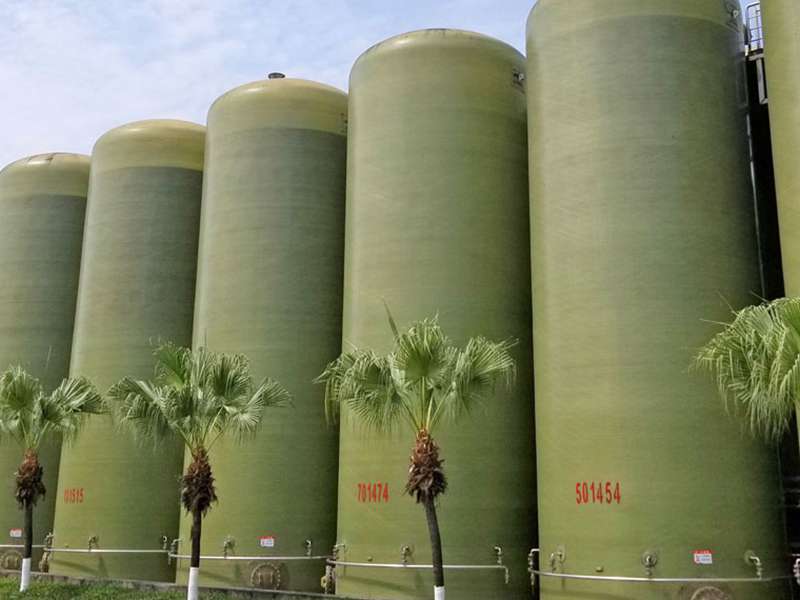
-
 Afrikaans
Afrikaans -
 Albanian
Albanian -
 Amharic
Amharic -
 Arabic
Arabic -
 Armenian
Armenian -
 Azerbaijani
Azerbaijani -
 Basque
Basque -
 Belarusian
Belarusian -
 Bengali
Bengali -
 Bosnian
Bosnian -
 Bulgarian
Bulgarian -
 Catalan
Catalan -
 Cebuano
Cebuano -
 China
China -
 China (Taiwan)
China (Taiwan) -
 Corsican
Corsican -
 Croatian
Croatian -
 Czech
Czech -
 Danish
Danish -
 Dutch
Dutch -
 English
English -
 Esperanto
Esperanto -
 Estonian
Estonian -
 Finnish
Finnish -
 French
French -
 Frisian
Frisian -
 Galician
Galician -
 Georgian
Georgian -
 German
German -
 Greek
Greek -
 Gujarati
Gujarati -
 Haitian Creole
Haitian Creole -
 hausa
hausa -
 hawaiian
hawaiian -
 Hebrew
Hebrew -
 Hindi
Hindi -
 Miao
Miao -
 Hungarian
Hungarian -
 Icelandic
Icelandic -
 igbo
igbo -
 Indonesian
Indonesian -
 irish
irish -
 Italian
Italian -
 Japanese
Japanese -
 Javanese
Javanese -
 Kannada
Kannada -
 kazakh
kazakh -
 Khmer
Khmer -
 Rwandese
Rwandese -
 Korean
Korean -
 Kurdish
Kurdish -
 Kyrgyz
Kyrgyz -
 Lao
Lao -
 Latin
Latin -
 Latvian
Latvian -
 Lithuanian
Lithuanian -
 Luxembourgish
Luxembourgish -
 Macedonian
Macedonian -
 Malgashi
Malgashi -
 Malay
Malay -
 Malayalam
Malayalam -
 Maltese
Maltese -
 Maori
Maori -
 Marathi
Marathi -
 Mongolian
Mongolian -
 Myanmar
Myanmar -
 Nepali
Nepali -
 Norwegian
Norwegian -
 Norwegian
Norwegian -
 Occitan
Occitan -
 Pashto
Pashto -
 Persian
Persian -
 Polish
Polish -
 Portuguese
Portuguese -
 Punjabi
Punjabi -
 Romanian
Romanian -
 Russian
Russian -
 Samoan
Samoan -
 Scottish Gaelic
Scottish Gaelic -
 Serbian
Serbian -
 Sesotho
Sesotho -
 Shona
Shona -
 Sindhi
Sindhi -
 Sinhala
Sinhala -
 Slovak
Slovak -
 Slovenian
Slovenian -
 Somali
Somali -
 Spanish
Spanish -
 Sundanese
Sundanese -
 Swahili
Swahili -
 Swedish
Swedish -
 Tagalog
Tagalog -
 Tajik
Tajik -
 Tamil
Tamil -
 Tatar
Tatar -
 Telugu
Telugu -
 Thai
Thai -
 Turkish
Turkish -
 Turkmen
Turkmen -
 Ukrainian
Ukrainian -
 Urdu
Urdu -
 Uighur
Uighur -
 Uzbek
Uzbek -
 Vietnamese
Vietnamese -
 Welsh
Welsh -
 Bantu
Bantu -
 Yiddish
Yiddish -
 Yoruba
Yoruba -
 Zulu
Zulu
Enhancing Corrosion Resistance of Fiberglass Reinforced Polymer for Durable Applications and Longevity
Corrosion Resistant FRP Innovations and Applications
Corrosion is a major concern in various industries, particularly those that operate in harsh environments such as chemical processing, marine applications, and wastewater treatment. Traditional materials like steel and concrete often succumb to corrosion over time, leading to costly repairs and safety hazards. This is where fiberglass reinforced plastic (FRP) comes into play as a revolutionary alternative that offers exceptional corrosion resistance.
FRP is a composite material made of a polymer matrix reinforced with fibers, commonly made from glass. This combination results in a lightweight, strong material that exhibits superior mechanical properties and durability. One of the standout features of FRP is its resistance to a wide variety of corrosive agents. Unlike metals, FRP does not rust or corrode when exposed to moisture, chemicals, or extreme temperatures. This makes it an ideal choice for applications where corrosive substances are present.
Corrosion Resistant FRP Innovations and Applications
Marine applications are another prominent area where corrosion-resistant FRP shines. Boats and marine structures face constant exposure to saltwater, which can severely corrode metals. FRP’s resistance to marine environments allows for lighter, stronger vessels that require less maintenance over their lifetimes. From hulls to piping systems, FRP improves the overall efficiency and longevity of marine operations.
corrosion resistant frp

Moreover, the lightweight nature of FRP can lead to energy savings. When used in construction and infrastructure, such as bridges and tunnels, using FRP can reduce the need for heavy support structures and foundations, leading to lower construction costs and faster installation times. Additionally, its versatility allows for innovative designs that might be impractical with heavier materials.
The wastewater treatment industry also benefits from the use of FRP. Corrosion from aggressive wastewater can damage traditional materials, leading to infiltration and leaks. By utilizing corrosion-resistant FRP for tanks, piping, and other essential components, facilities can enhance their operational reliability and protect the environment from potential contaminants.
In conclusion, corrosion-resistant FRP represents a significant advancement in materials science, providing essential solutions across various industries. Its unique properties not only enhance durability but also offer economic benefits by reducing maintenance and replacement costs. As industries continue to evolve and face new challenges, the adoption of innovative materials like FRP will be crucial in ensuring safety, sustainability, and efficiency.
As manufacturers increasingly focus on developing advanced FRP composites and expanding their applications, we can expect to see larger-scale integration of this versatile material in buildings, infrastructure, and a myriad of other fields. The future of corrosion resistance looks promising with FRP at the forefront, creating a sustainable path that embraces both innovation and environmental stewardship.
Latest news
-
High-Quality Fiberglass Car Bodies Durable GRP Car & Boat Body SolutionsNewsJul.08,2025
-
High-Quality Fiberglass Dual Lamination Product Manufacturer Durable FRP & GRP Dual Lamination SolutionsNewsJul.08,2025
-
Rectangular Tank with Dimensions for GRP Calculation Custom Fiberglass GRP Rectangular TanksNewsJul.07,2025
-
High-Quality Fiberglass Weir Custom FRP Weir & Fiberglass Tanks ManufacturerNewsJul.07,2025
-
CPVC FRP Pipe A Reliable Choice for Industrial Applications High Strength & Corrosion ResistanceNewsJul.07,2025
-
Fiberglass Scrubber for Effective Cleaning and Stain Removal – Superior Performance in Various ApplicationsNewsJul.06,2025









